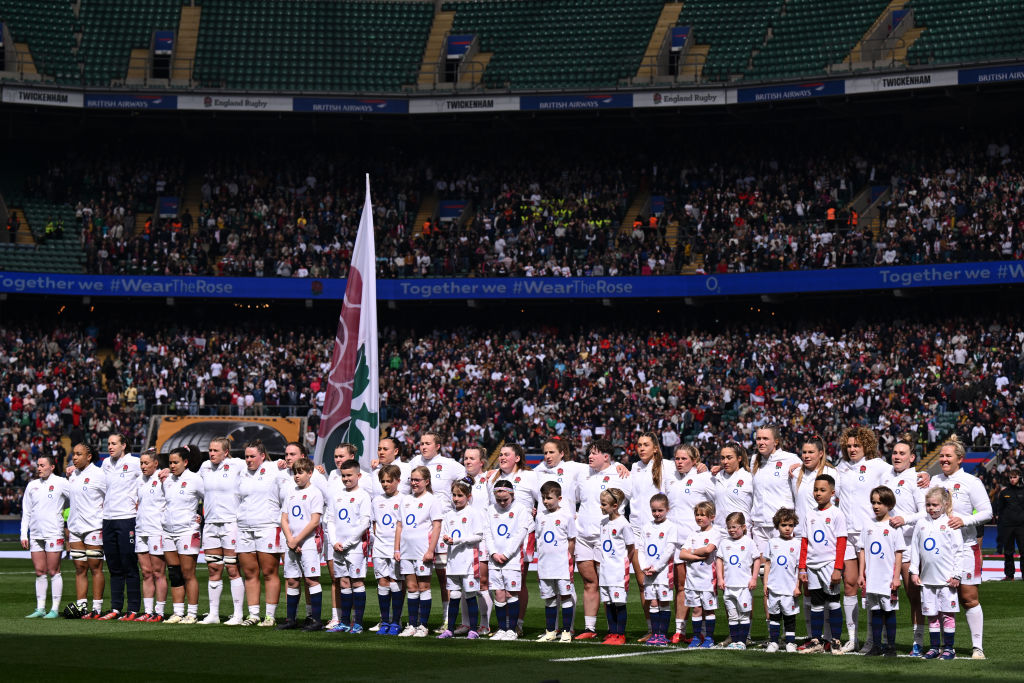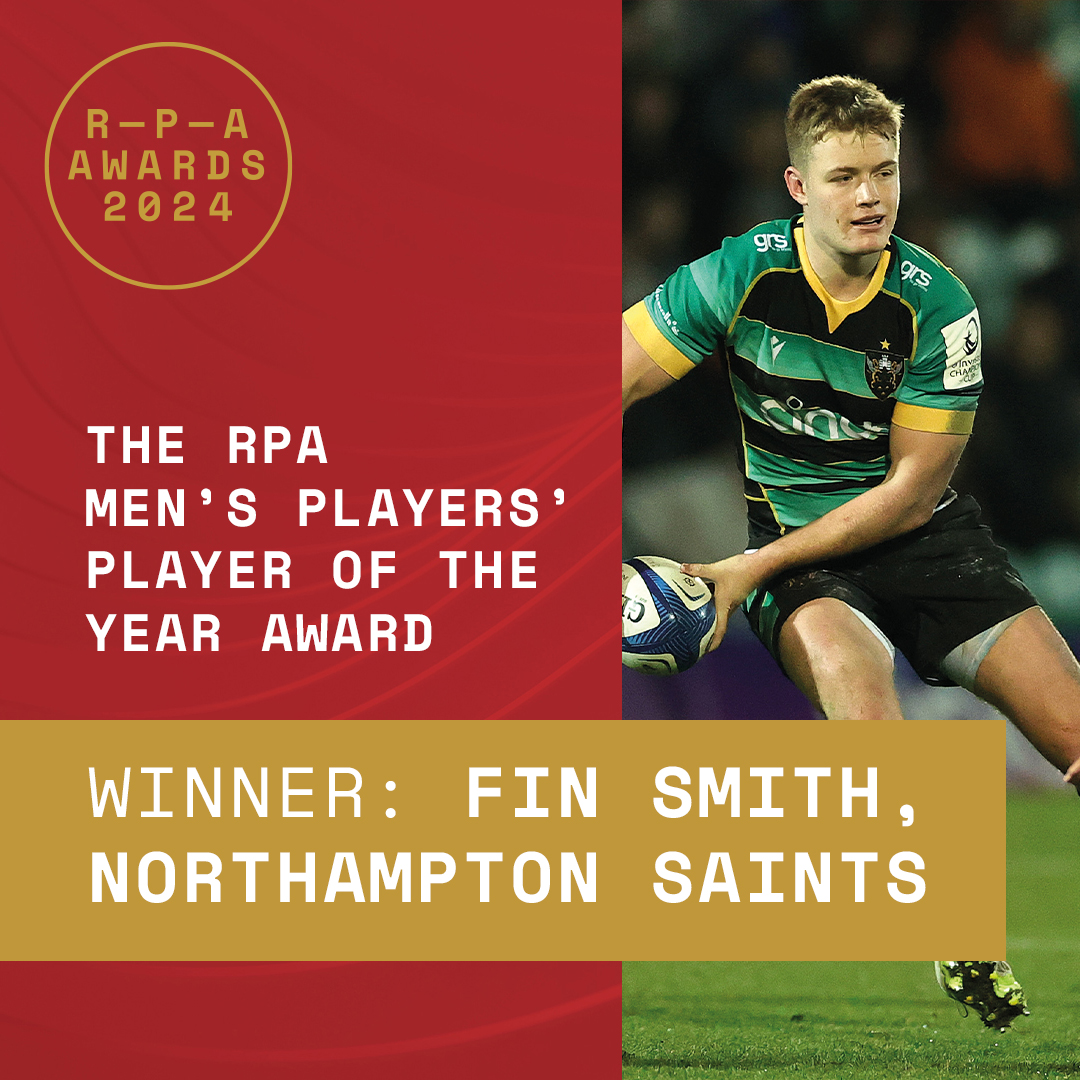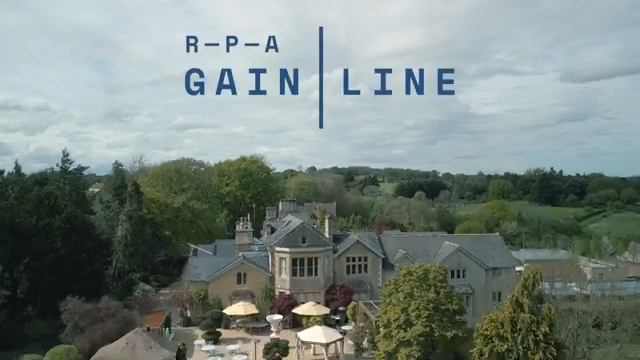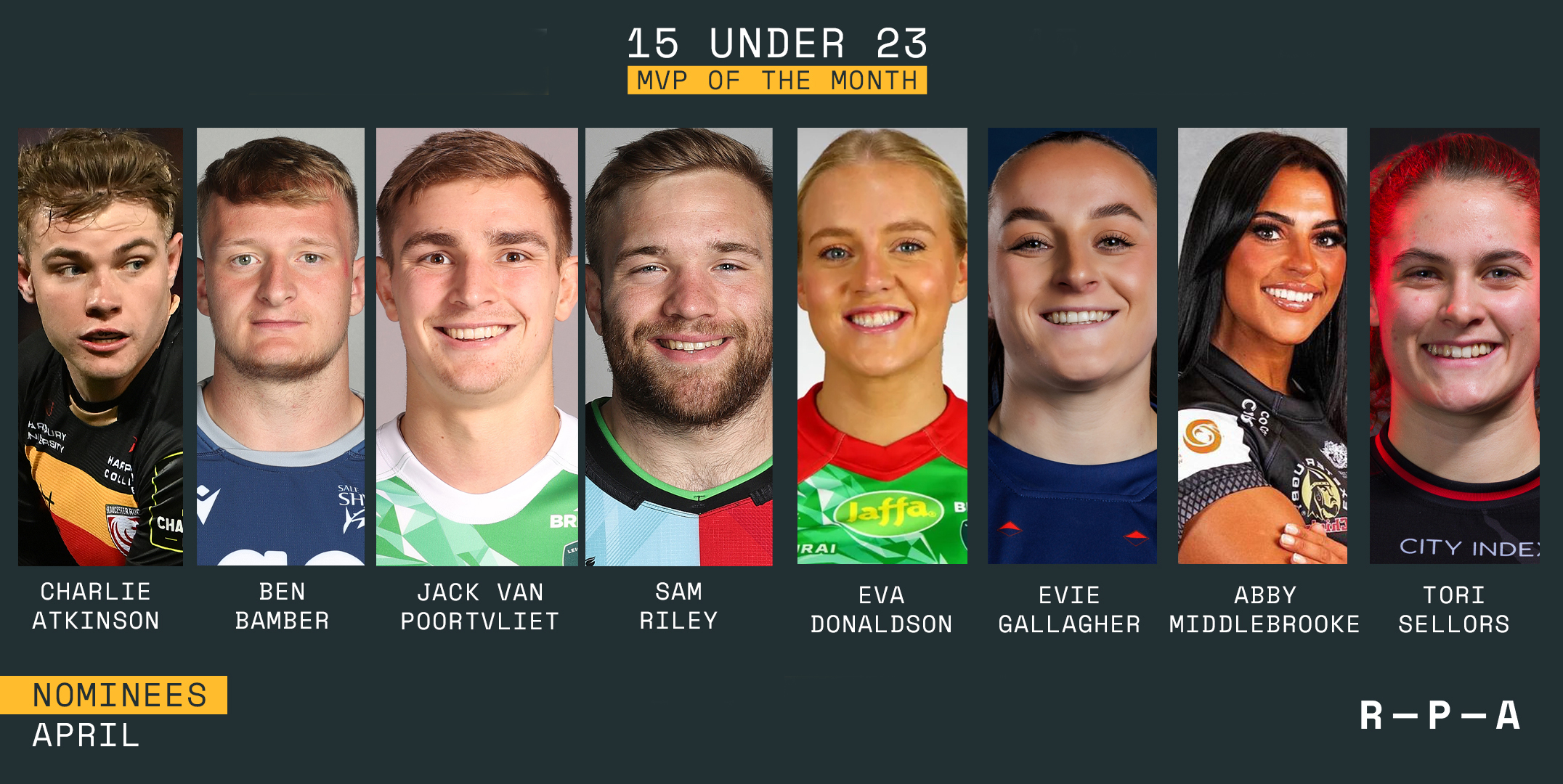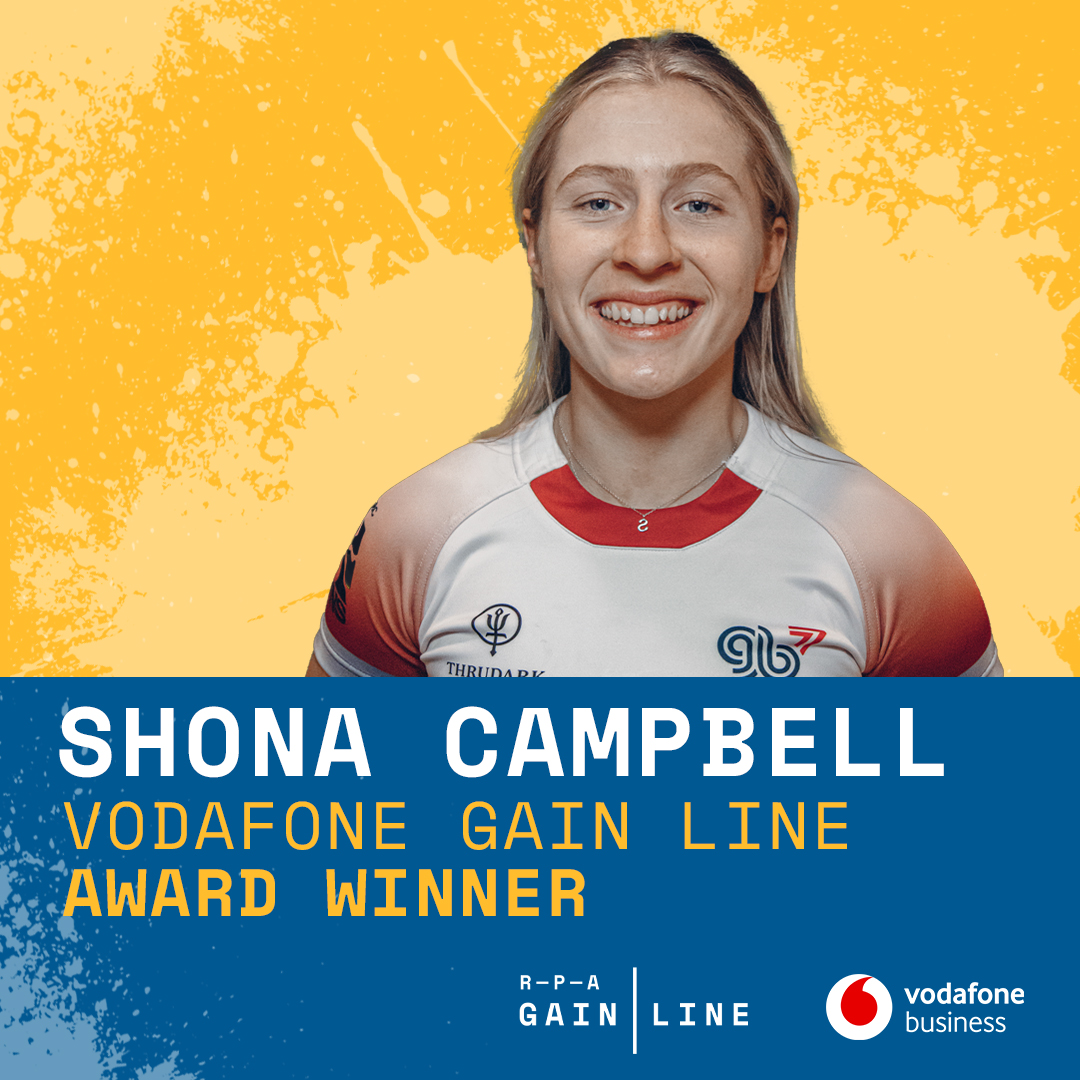Isaac Curtis-Harris: Author & Rugby Player!
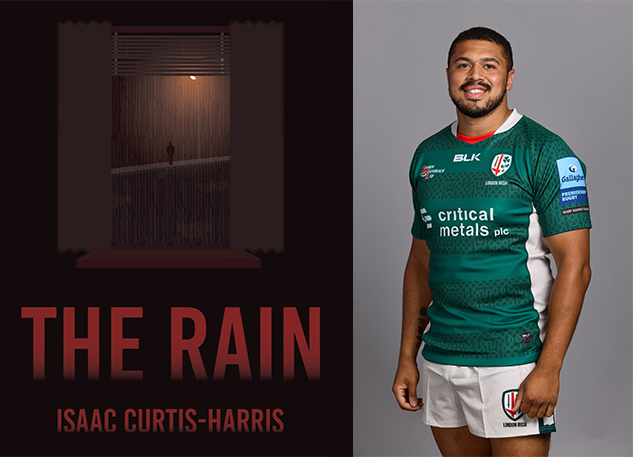
Following National Writing Day yesterday (Wednesday 21st), we spoke to former London Irish player Isaac Curtis-Harris about his first published book and how it all came about
Tell us about the book, what's it all about and how did it come around?
I wanted it to be a novella, like a pretty short story. It is like a first-person sort of narrative about one guy (there’s only two characters in the whole thing) and he's basically terrified of leaving his house. He doesn't really learn to communicate with people, and I just put that to the extreme. There's a bit of a twist at the end, but I don’t want to spoil the ending! To sum it up quicky, it’s about this guy and how he communicates with someone who knows a lot about him, but he doesn’t know that much about him so it’s a character study surrounding that really.
What made you get into writing in the first place?
Well, I just really appreciate and love reading. I read a lot anyway and I just thought there were a few books I was reading where I thought “You know what, I kind of like the idea of like creating something”. I'm not necessarily an artistic person, but I just kind of like the idea that I can make something myself and its mine.
And then, I set myself the challenge to do it. It took a long time, but I had a fair bit of spare time - I thought if I could do something with my spare time, at least it's a nice joy. I found the experience quite enjoyable, so I just stuck with it.
How did you find the writing process and were there any comparisons to sport in any way at all?
In some ways, yes. I think in sports, especially in rugby, you’ll see it with other players as well, but there's a sort of level of humility where you don't want to admit the extent of your goals. You don't really want to admit that that you have high ambitions or high dreams to reach certain heights because it might be perceived as ‘all this’ or unachievable. So sometimes you don't tell people.
With writing, before I told anyone I was not really committed to it. But I thought “Well no one knows I'm even doing this so it doesn't matter.” Once I had admitted to people, I was doing it, I had to commit to it in the same way, where if I said, “I want to try and do this on the pitch or in training,” you are held accountable to it by telling people. So, in that regard, it was similar.
How did your you know your friends and teammates react when you told them you had written a book? Have you had any reviews from them?
I spoke to my close mates first and they were really supportive as they know I like reading, but they were also quite surprised. They said, “That’s really good, you’ve actually tried to commit yourself to doing that.” It is one of those things that a lot of people say they want to do. I don't know if they were surprised but they were supportive when I had finished it. I haven’t had too much feedback yet, although I would like some. The reviews I have got back have been positive, so we will see what everyone else thinks.
Have you got any more books in the pipeline?
Yes, absolutely. I am writing the second one - I started that around three full weeks ago now. And to be honest already, it is like - I think with the first one, obviously it is a lot of unknown that I was probably giving myself a bit too much like leeway where I procrastinate for a month at a time, which is why it took so long, even though it's such a short book. Whereas this one we are three weeks in, and I’ve already written almost half of the word count as the first one, so it's definitely progressing a lot quicker and it’s flowing a lot better.
I am feeling a lot more confident about the second book and I'm hoping it’s going to be a lot better as well. I really enjoy it now, I think this is something I want to do, alongside my rugby.
Are there any authors you take inspiration from?
Yeah, I read a lot of Fran Kafka. His short stories are quite surreal - I quite like that sort of style of writing, so I definitely read a lot of him before I start doing this. And then also, Ian Reed, I was reading a lot of his books. He has written three books and I’m a huge fan of that. His style of writing got me interested as well. And I've also read a lot of older books, which may be hindered like the sort of readability of it, because it might be a little bit wordy to read sometimes, but those are the sort of the influences that have rubbed off on me.
How important is it that rugby players have an interest outside of rugby?
Yeah, I think it's really important and it's one of those things where you’ve seen what happened with London Irish, and I'm 25 now - I'm not a kid anymore. I think when you're a bit younger, you hear people saying that and you just nod along with it. But now that I'm in the stage that I’m in, you realise how essential it is to have something outside of the game, not necessarily just a focus, because even if you're not necessarily an academic person, having something to focus on just stops you from going crazy.
Doing this has been a good outlet. If you weren’t to have anything, you’d stew on things and go crazy because all you’d be thinking about is rugby and things that aren’t going right and things you can't control. But doing something outside of rugby, I mean, especially writing a book you are literally in control of what you create, what you write. It's been quite therapeutic in that regard.
How important and vital has the support of your Player Development Manager, friends and family been to you in this process?
Talking about Rich Easton, my Player Development Manager, he’s obviously a published writer himself. He's been really helpful with that. He gave me a lot of advice and tips, I was also struggling with the logistical side of getting published and in the end, I ended up doing self-publishing on Amazon. But Rich was helpful in terms of the idea of creating a book; not so much the story, but the logistical side of creating a book, I owe Rich a lot for that.
Support network wise, I mean everyone at the club – whoever I told at the club was supportive, always asking about it and my family were obviously really supportive of it as well. They just said, “Listen, this is something you enjoy doing, so it doesn't matter how it turns out. At the end of the day, you can say when you've finished it, you've done it”, so their support was key for me too.
If you want to buy his book, click on the link below...


